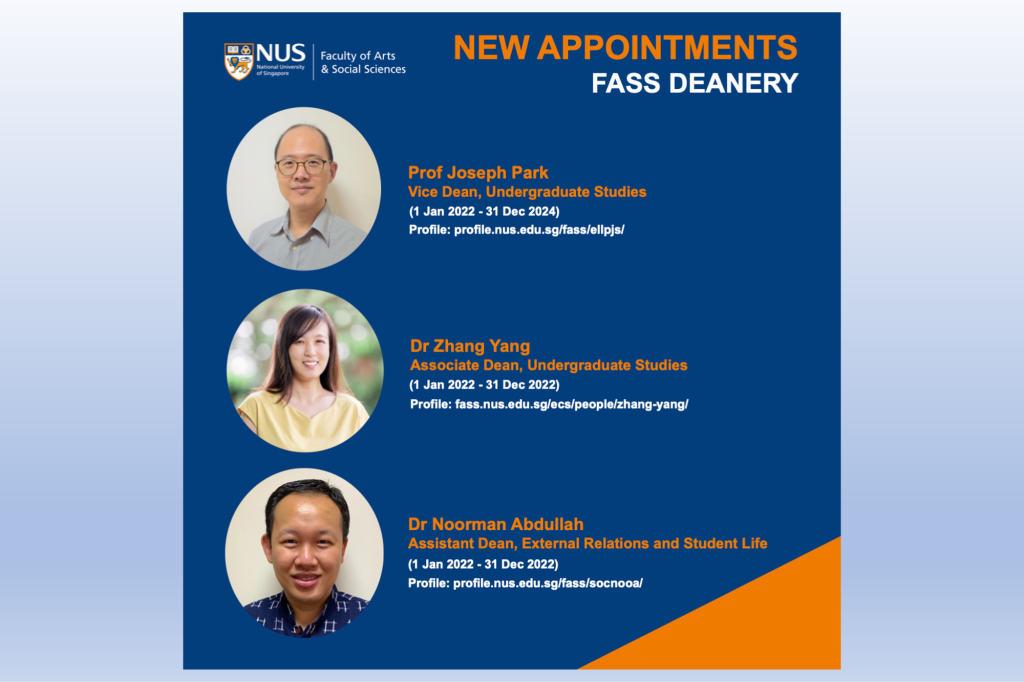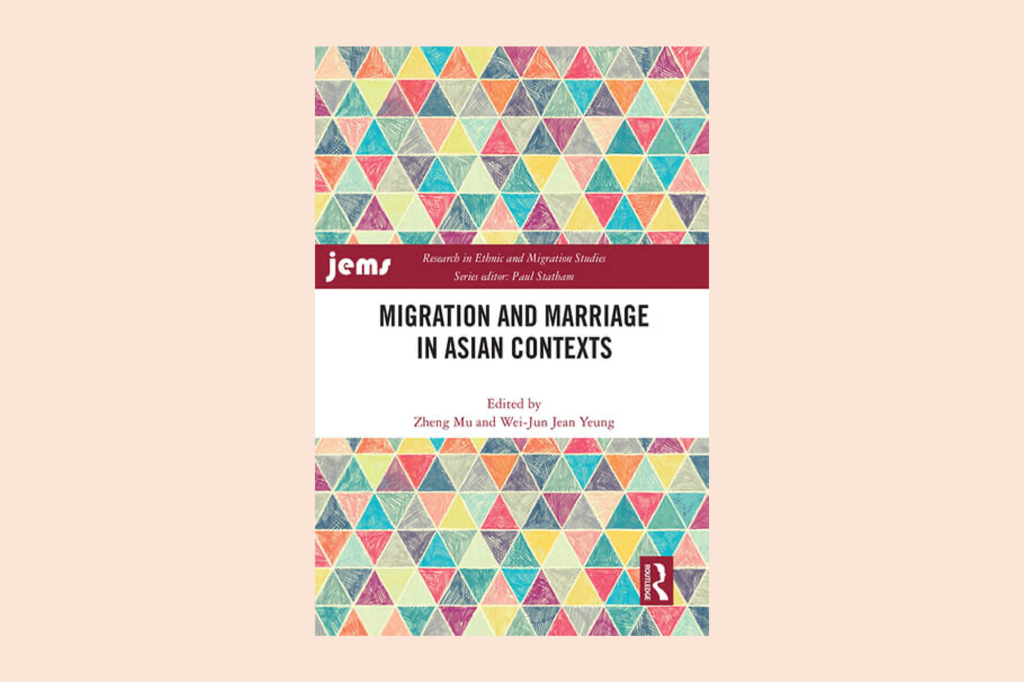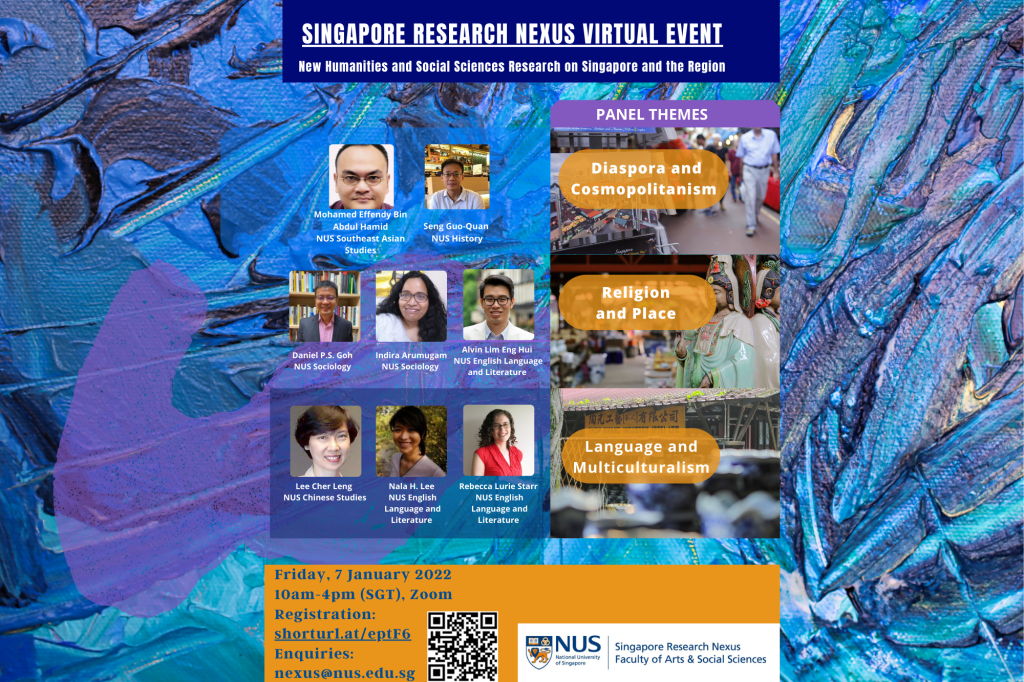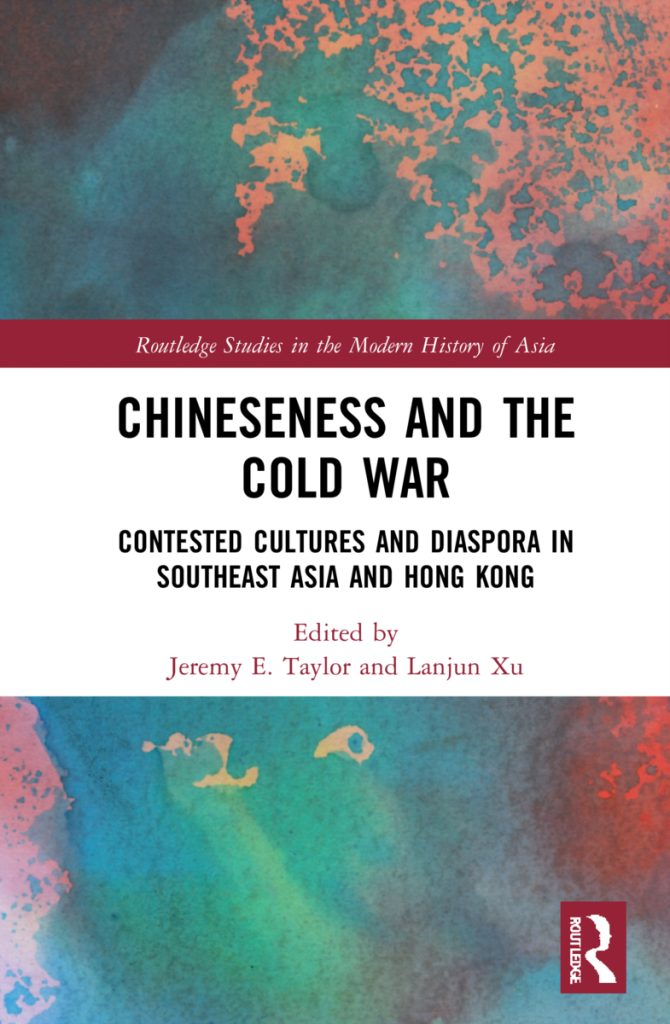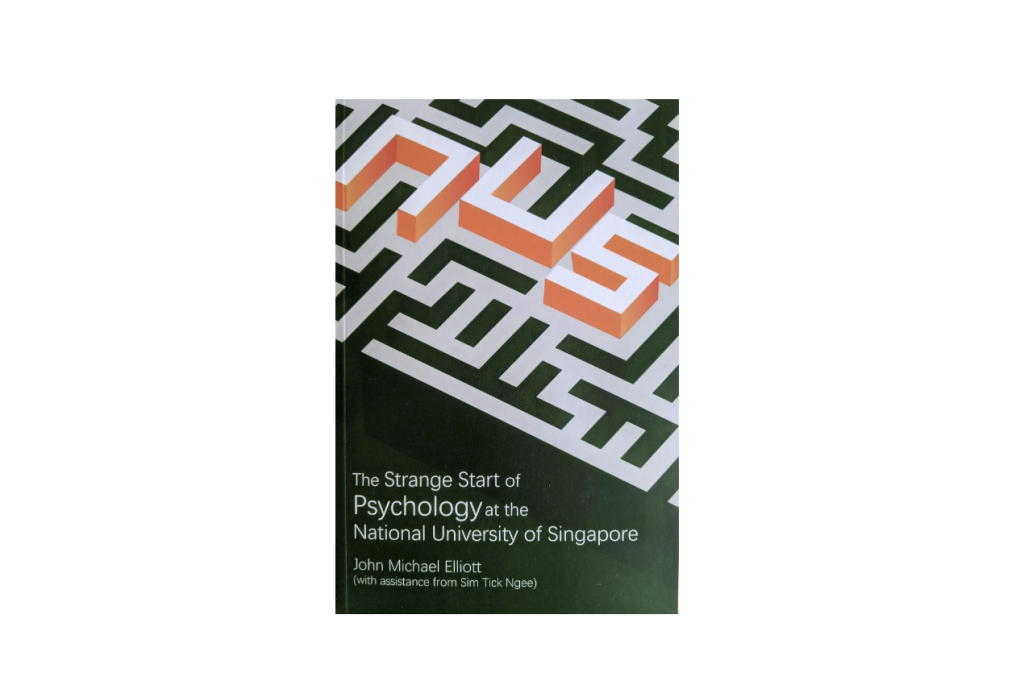News
The NUS Faculty of Arts and Social Sciences is pleased to announce the most recent appointments to the Faculty’s leadership team.
Migration and Marriage in Asian Contexts (Routledge, 2021), edited by Assistant Professor Zheng Mu (NUS CFPR and Sociology) and Professor Jean Wei-Jun Yeung (NUS CFPR and Sociology) and originally published as a special issue of the Journal of Ethnic and Migration Studies, analyses how Asian migrants adapt and assimilate into their host societies, and how this assimilation …
New Book: Migration and Marriage in Asian Contexts Read More »
Kurokawa Onsen is a hot springs village resort in Japan with more than twenty traditional inns, otherwise known as ryokan. In ??????: ?????????? ??????????? ?? ????? ?????, Associate Professor Chris McMorran (NUS Department of Japanese Studies) explores the ins and outs of ryokan work, explaining how Kurokawa’s ryokan serve as a form of rural escape …
[??? ????] ??????: ?????????? ??????????? ?? ????? ????? Read More »
In 2022, we will celebrate the 40th anniversary of the UN Convention on the Law of the Sea, the 30th anniversary of the Forum of Small States and the 25th anniversary of the Asia-Europe Foundation.
The Singapore Research Nexus (SRN) at the Faculty of Arts and Social Sciences Research Division, NUS invites you to a Virtual Event featuring recent research in the humanities and social sciences on Singapore. Academics from NUS will present their studies on the themes of 1) Diaspora and Cosmopolitanism, 2) Religion and Place, and 3) Language …
One year since the official inauguration of the NUS College of Humanities and Sciences (CHS), the publicity campaign for the new College has gained recognition at the recent Public Relations in the Service of Mankind (PRISM) Awards. The University bagged a Distinction Award in the category “Outstanding Campaign by a Non-Government Organisation or Not-For-Profit Organisation” for …
NUS Bags Major PR Award for College of Humanities and Sciences Campaign Read More »
??????????? ??? ??? ???? ???: ????????? ???????? ??? ???????? ?? ????????? ???? ??? ???? ???? (Routledge, 2021), edited by Associate Professor Xu Lanjun (NUS Chinese Studies) and Associate Professor Jeremy E. Taylor (University of Nottingham), explores the different notions of “Chineseness” during the Cold War through the examination of specific case studies of the “Chinese …
Assistant Professor Elvin Ong (NUS Department of Political Science) will be releasing a book in May 2022 with the University of Michigan Press, as part of the Weiser Center for Emerging Democracies series, titled ???????? ?????: ???????? ?????????? ????????? ?? ????????? ???????????. The book argues that opposition party leaders’ perceptions of regime vulnerability and inter-party …
[New Book] Opposing Power: Building Opposition Alliances in Electoral Autocracies Read More »
Buying Time for Climate Action: Exploring Ways around Stumbling Blocks (World Scientific, 2021), was edited by Jan W. Vasbinder (Para Limes, The Netherlands) and Jonathan Y. H. Sim (NUS Department of Philosophy). The book explores how we can address the global climate emergency and overcome the obstacles that arise when combating it. Even though people around the world are fully …


